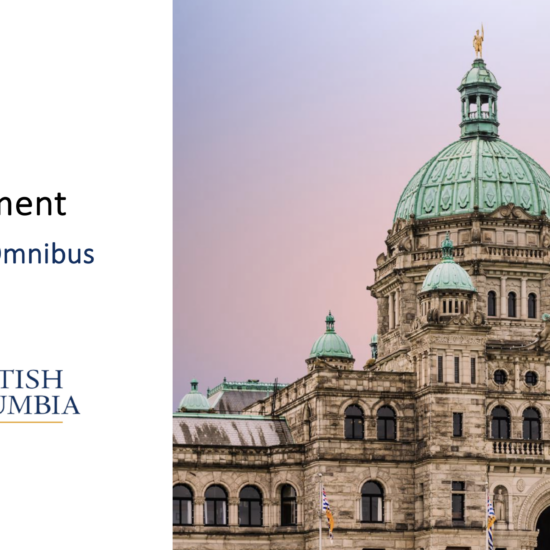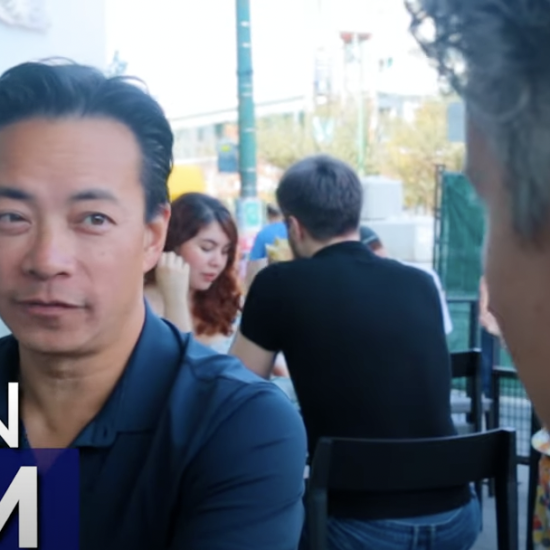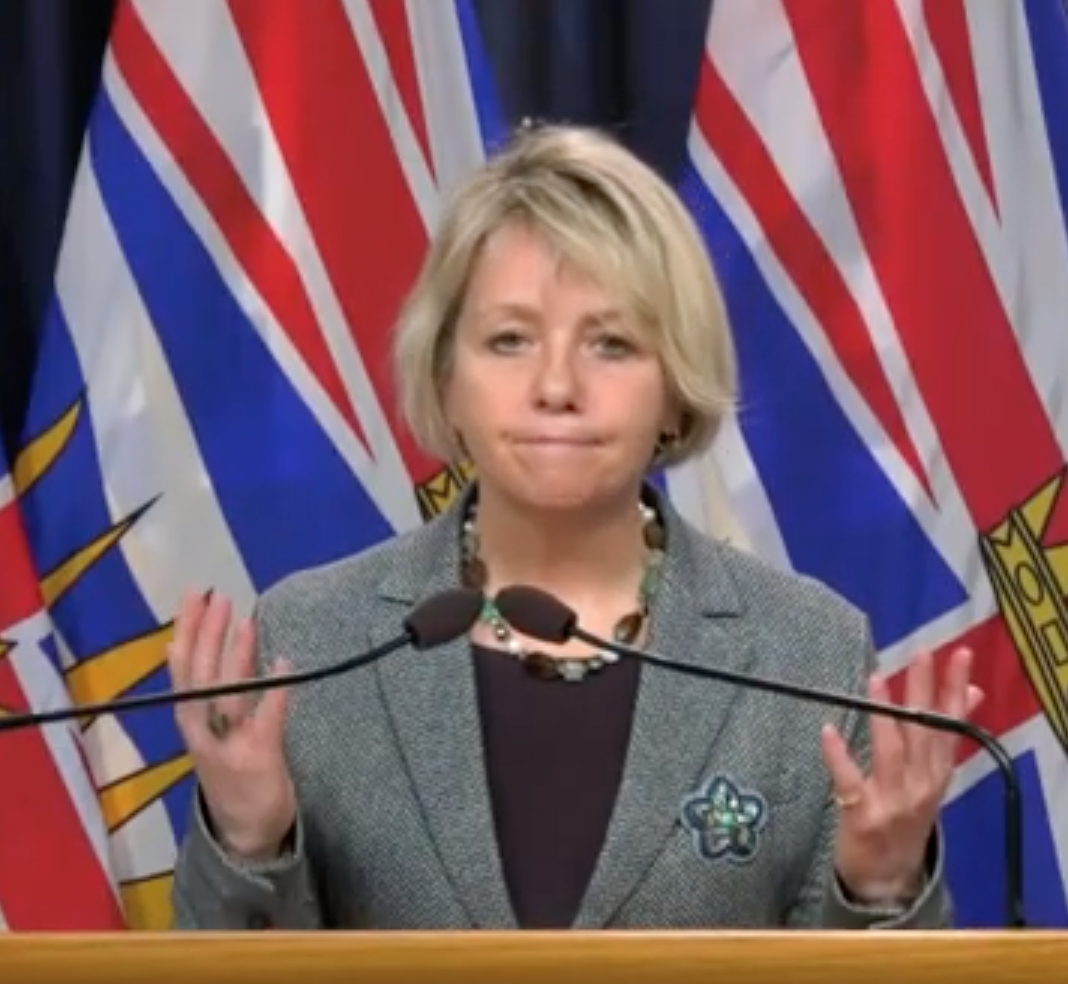
Bob Mackin
Dr. Bonnie Henry was appearing solo on the first Saturday of May 2020 when a reporter brought several errors in the daily pandemic report to her attention.
“We have many hospitals and many health authorities, it is actually not as simple as you’d think,” Henry said.
In November, a week-long system error forced a flurry of corrections to the mounting case counts for Fraser Health.
The provincial health officer chalked it up to “the travails of our IT systems.”
“It is something that happens,” Henry said, with a shrug.
Henry and Health Minister Adrian Dix are in their second year of delivering live updates with select statistics on the health emergency in B.C., so it should be old hat by now. But a journalism professor in Calgary is not ready to sound the alarm.
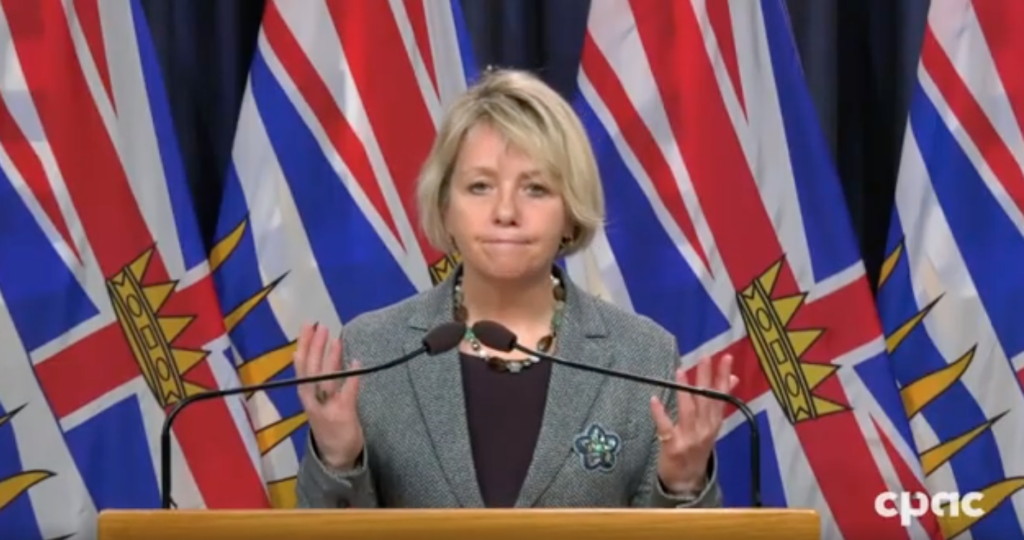
Dr. Bonnie Henry shrugs after admitting a major Fraser Health data error in November (CPAC)
“I don’t have any reason right now to question the explanations that Bonnie Henry is providing,” said Mount Royal University’s Sean Holman. ‘Given the stress of the situation, and all of the various complexities associated with managing the pandemic, her explanations sound relatively reasonable at the present moment.”
However, that is not to say improvements aren’t needed now.
“It is also an example of why giving people the power to see for themselves, the raw data, could be very helpful during a time of crisis, and during this particular crisis,” Holman.
SCROLL DOWN AND WATCH VIDEO HIGHLIGHTS
But British Columbia has stubbornly refused to share certain data about the pandemic via the freedom of information system.
The Ministry of Health wants theBreaker.news to pay $270 for the error and correction logs during the first wave of the pandemic. The B.C. Centre for Disease Control refused altogether to disclose the anonymized chain of custody data of the first 617 positive tests for coronavirus as of late March 2020. BCCDC claimed it would take 32 hours and require the hiring of an external consultant.
Holman said people don’t just want “someone to preach from the pulpit, telling them what the number is.
“They want to be able to see that information for themselves, that is a desire that we all have and that desire heightens under situations of stress.”
On Feb. 1, Holman testified to the House of Commons government operations committee in his role with the Canadian COVID-19 Accountability Group, an ad hoc coalition of experts recommending urgent reforms to freedom of information and whistleblower laws.
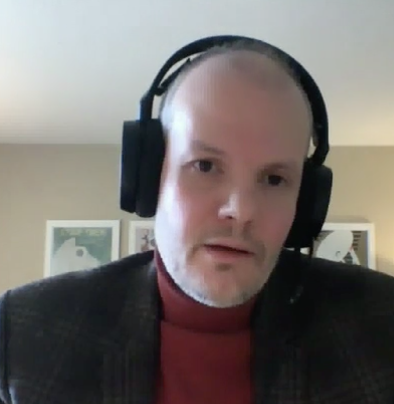
Journalism professor Sean Holman (OGGO)
“I am deeply troubled by the scale of secrecy that we have seen from Canadian governments during the pandemic,” Holman told the committee. “That secrecy has meant the federal government has failed to provide the public and public officials with the data needed to track and account for billions of dollars in COVID-19 spending, including the cost and contract for COVID-19 vaccine.”
Holman said citizens need more and better information from governments and corporations, so they can better understand the world around them and to make better decisions to keep themselves safe.
“The costs of not providing this information are severe in the post-truth era,” Holman said. “If there’s an information gap there is now a substantial risk it will be filled with misinformation and disinformation. We can see that in anti-masking protests that have happened across this country and we can see it in the conspiracy theories those protests are based on.”
Support theBreaker.news for as low as $2 a month on Patreon. Find out how. Click here.






